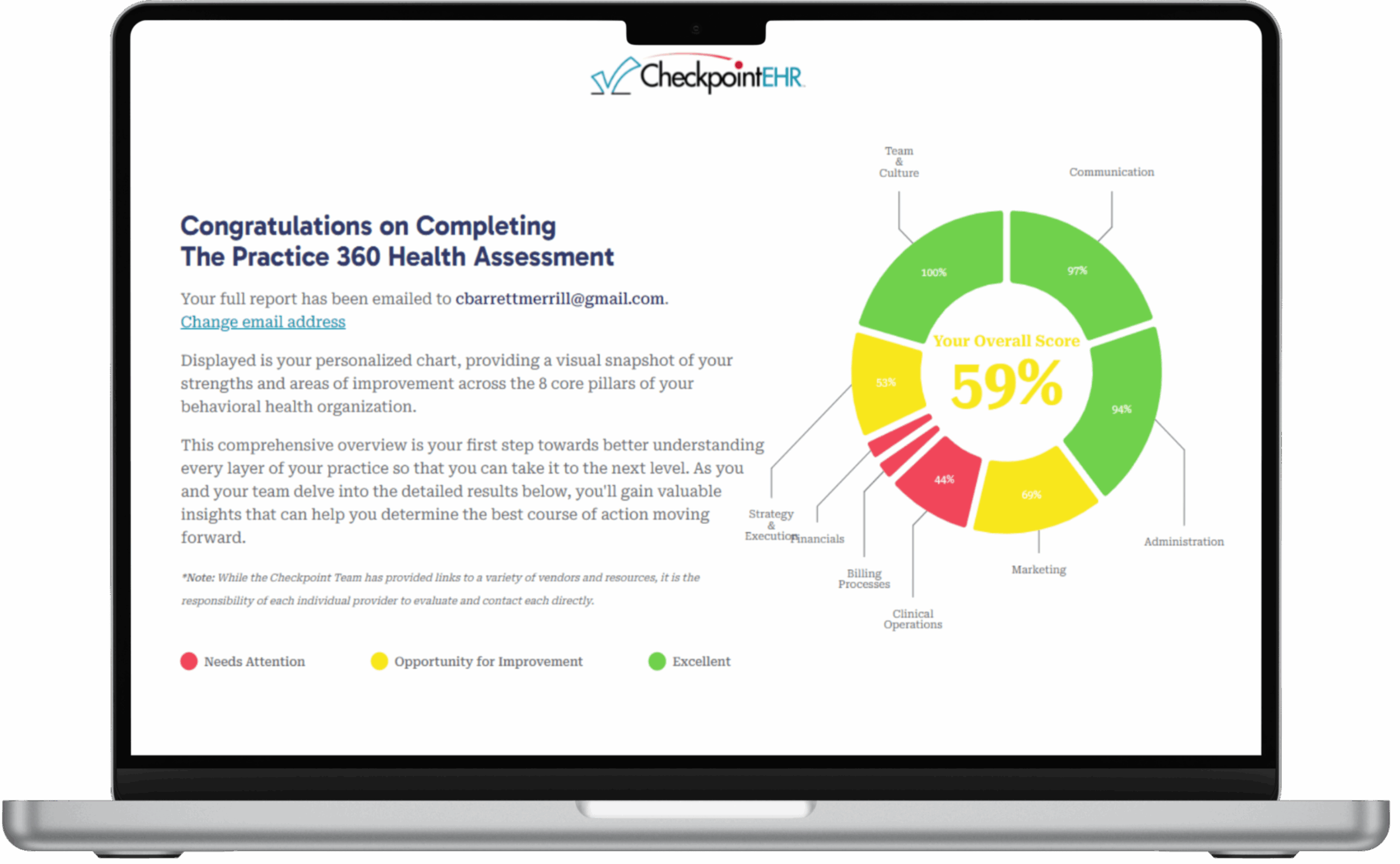Is Using an EHR Compulsory for Private Healthcare Practices?

A recent decision by a judge in New Hampshire has led many people in private medical practices to wonder if they are likely to face licensing issues because they do not use an EHR system. The New Hampshire judge refused to restore a physician’s license to practice medicine, in part because she refused to implement an EHR system.1
When the New Hampshire Board of Medicine told Dr. Anna Konopka that she was in breach of their regulations by not using a mandatory electronic drug monitoring program, Konopka voluntarily surrendered her license. When she later requested that her license be reinstated, the judge denied reinstatement, citing her unwillingness to use modern record-keeping methods.
Antiquated Record-Keeping Methods Impacted the Judge’s Decision
The most important aspect of the case, as far as physicians who do not use EHR systems are concerned, is that the decision was not related directly to the fact that the physician was not using an EHR system. Initially, she surrendered her license. When she decided to return to practice, she requested that the board reissue her license. The board declined because she still wanted to maintain only manual records.
When the board refused to reissue her license, Dr. Konopka took the case to court. Dr. Konopka claimed that she had effectively been forced to surrender her license. In reaching his decision, the judge said she had failed to prove that. The Board of Medicine opposed her application, claiming that her record-keeping was inadequate.
As the Board of Medicine in New Hampshire has introduced a requirement for certain records to be stored electronically, it is likely that other states will do likewise. Physicians who stick with manual record-keeping could create similar conflicts for their practices.
Why Some Physicians Choose Not to Implement EHR
Physicians, like most people, can be reluctant to change established routines. They may be unclear about what implementing an EHR system entails. They may also have done some research and been put off by the high fees associated with some EHR products. Those who have little experience working with computers and those who lack data-entry skills, may feel that an EHR system will hinder the efficient running of their practice rather than helping.
Why Medical Professionals Should Use EHR
Even though the risk of not using an EHR system may be low at present in terms of retaining a license to practice medicine, any private practice physician would be well advised to start thinking about moving to digital record keeping. There are many benefits to using an EHR system, including delivering a better patient experience.
While some EHR systems come with prohibitive fees, others are affordable for even solo practitioners. For example, Integrity’s Checkpoint EHR system does not require the payment of fixed fees. Instead, practices implementing Checkpoing EHR pay a small percentage of revenue.
Medical practices that do not use EHR may suffer financial penalties. Since 2015, Medicare-eligible professionals who do not use EHR have seen their payments reduced.2 It is almost inevitable that, at some point in the not-too-distant future, private healthcare providers who do not embrace EHR will find it very difficult to stay in business.


